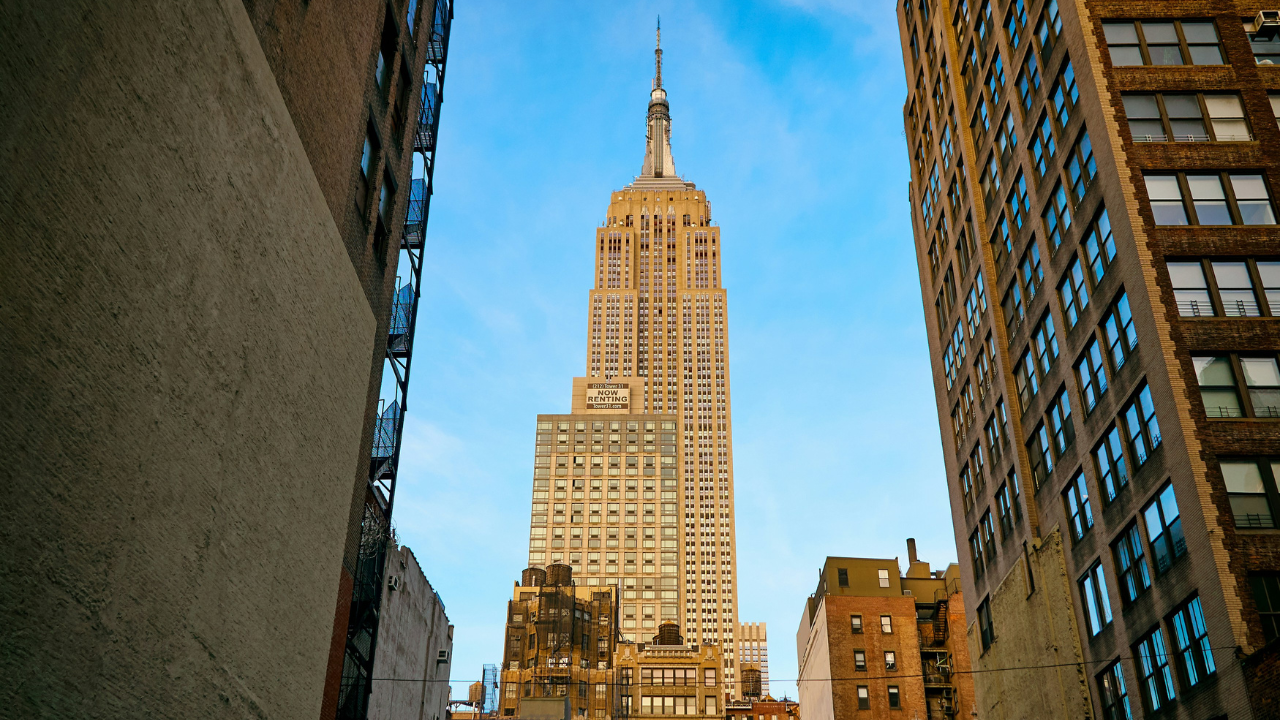World
Syrian President Bashar al-Assad flees Damascus as rebels move into country’s capital

The nearly quarter-century rule of Syrian dictator Bashar al-Assad came to a stunning end, when he fled the country by plane for an unknown destination as rebel troops stormed into the capital city of Damascus with little resistance, reports said Saturday.
Thousands of people rushed to the city’s main square waving and chanting “freedom” as rebels breached the city gates on Sunday, local time, and Assad’s army fled from the streets, witnesses said.
Assad, who has ruled the country with an iron fist for 24 years, boarded a plane and left Damascus for parts unknown, two senior army officers told Reuters.
Residents reported gunshots and explosions as they entered the city — but rebels said they saw no signs of the government deploying any of its troops to fight back.
Rebels, some of whom have links to Al-Quaeda, quickly took over control of state media offices in Damascus, “to broadcast the victory announcement over Assad,” the rebels said in a statement, CNN reported.
The fall of Damascus comes as the city of Homs, a major crossroads connecting the capitol to government strongholds on the coast, fell to the rebels late Saturday after less than 24 hours of fighting.
After government troops fled the city, thousands of residents started dancing and chanting “Assad is gone, Homs is free” and “Long live Syria and down with Bashar al-Assad.”
Once Homs was in rebel control, Abu Mohammed al-Golani, the leader of the al-Quada affiliate Tahrir al-Sham, said that rebels were poised to take the whole country, promising “the end of the criminal regime is near.”
As the rebel troops marched towards the capital, Damascus’ center as lines piled up at ATMs and shops began running out of basic commodities and shutting down.
The entire region was on edge as neighboring Jordan and Lebanon reportedly shut down their borders with Syria.
The advance furthered rebels’ rapid-fire seizure of major cities across southern Syria, which began with the surprise collapse of Aleppo just days ago.
Insurgent troops closed in on Damascus from the southern and eastern parts of the country as government forces allegedly retreated, war monitors reported.
Meanwhile, protesters toppled a statue of the late father of Assad in a main square in the Jermana suburb, about six miles from the center of Damascus, and demanded government security offices in the area be evacuated.
Videos posted to social media showed the head of the statue being dragged through the streets.
In just over a week, rebels claim they have captured at least six cities across the country.
Before news of Assad’s escape, the Biden administration officials said they anticipated the regime of Assad could fall within days because of the swiftness of the rebel advance, CNN reported.
President-elect Donald Trump urged on Truth Social Saturday, that the United States stay out of the conflict, as opposition fighters were “obviously preparing to make a very big move toward taking out Assad.”
“Syria is a mess, but is not our friend, & the United States should have nothing to do with it,” Trump wrote. “This is not our fight.
“Russia, because they are so tied up in Ukraine, and with the loss there of over 600,000 soldiers, seems incapable of stopping this literal march through Syria, a country they have protected for years,” he added, also blasting former President Barack Obama for allowing “all hell” to break out there when the war began in 2011.
The Syrian civil war began 13 years ago as part of the “Arab Spring,” that saw several regimes toppled by popular movements.
The US currently has about 900 personnel deployed to Syria to fight ISIS in the region, according to the Department of Defense.
Russian Foreign Minister Sergei Lavrov said Saturday that he and fellow foreign ministers agree there must be an immediate end to “hostilities” in Syria, but Assad has been getting little support from Russia or its allies including, Iran and Hezbollah — which is a shell of itself after the Israeli onslaught in southern Lebanon took out its commander Hazzan Nasrallah, and multiple other high-ranking leaders.
Iran, meanwhile, reportedly started evacuating military commanders and other officials from Syria on Friday as Russia and the United States also called on their citizens to leave immediately amid the escalating hostilities.
It’s unclear how the end of five decades of the Assad Dynasty’s rule over Syria could impact the region.
Qatar, Saudi Arabia, Jordan, Egypt, Iraq, Iran, Turkey and Russia had issued a joint statement saying the crisis was a dangerous development and called for a political solution.
The Assad dynasty had a five-decade hold on Syria and with it, the influence of Iran, its main supporter in the Middle East.
Al-Assad began serving as head of Syria in 2000 following the death of his father, Hafez al-Assad, who had ruled as president since 1971.
With Post Wires










